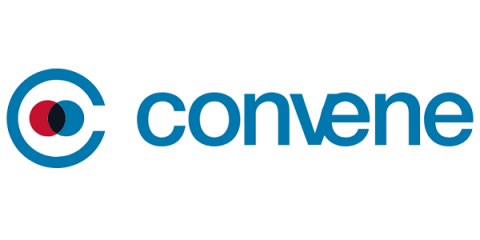10 steps to crafting a robust compliance strategy
In today’s complex regulatory landscape, every business needs a solid compliance plan. A compliance strategy helps lower the risk of fines, legal issues, and reputational damage by ensuring that your business complies with legal, ethical, and regulatory duties. Beyond just obeying the letter of the law, an effective compliance strategy promotes a culture of integrity and responsibility that supports operational excellence and long-term company growth.











